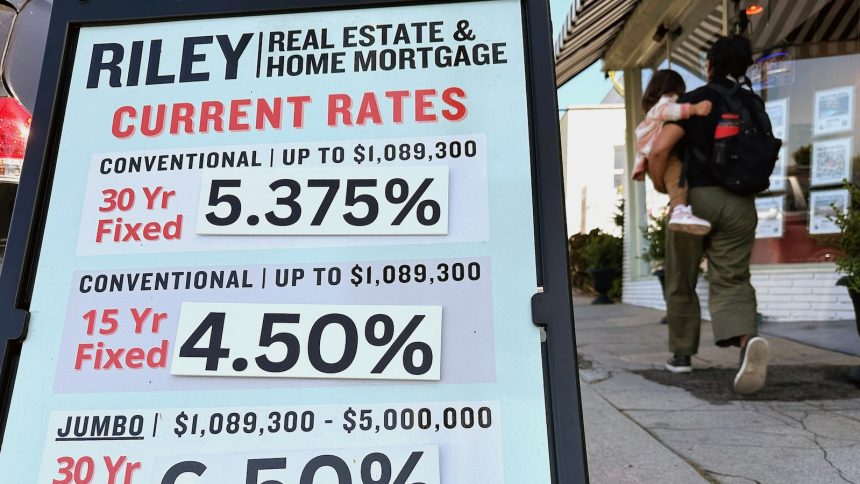Deep within federal regulations lies a policy switch that could significantly boost energy efficiency standards for new homes. This change has the potential to save homeowners thousands of dollars in energy costs and help the nation move closer to its climate objectives. Despite months of waiting, eight Democratic Senators have grown impatient and are urging regulators to act swiftly.
In a letter exclusively shared with Grist, the senators called on the Federal Housing Finance Agency (FHFA) to implement modern energy standards for new homes. The FHFA oversees Freddie Mac and Fannie Mae, the largest mortgage backers in the country, and has the authority to set minimum energy standards for their programs. Currently, the agency lacks any efficiency standards, prompting the senators to push for change.
Advocates argue that many new homes are not as energy-efficient as they could be, resulting in higher utility bills that disproportionately affect low-income families. They emphasize the importance of adopting up-to-date standards based on the International Energy Conservation Code (IECC) to improve energy efficiency, reduce emissions, and protect families from extreme weather impacts.
Despite the potential benefits of stricter energy standards, the FHFA has not committed to a timeline for implementing these changes. While organizations like the American Council for an Energy-Efficient Economy advocate for FHFA action, the National Association of Home Builders opposes mandating the latest standards due to concerns about increased costs.
The decision by the FHFA on energy efficiency standards remains uncertain, but stakeholders are hopeful for a positive outcome. The potential climate and financial benefits of stricter standards are significant, with estimates suggesting substantial carbon dioxide emissions savings and long-term energy savings for homeowners. The fate of this policy change rests in the hands of FHFA Director Sandra Thompson, whose term extends until 2027.






